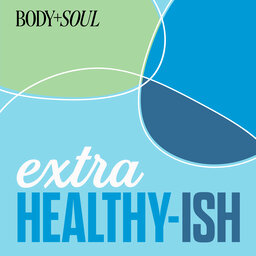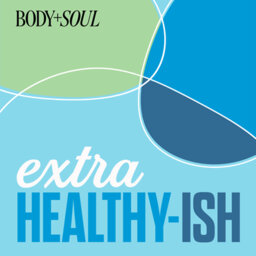Why focusing on “thriving” can supercharge your wellbeing
Wellbeing seekers listen up! Positive psychotherapist Marie McLeod discusses her new documentary How to Thrive, the concept of thriving, plus she shares her six pillars of wellbeing.
WANT MORE FROM MARIE?
For more information on the doco How to Thrive: a practical guide to happiness near you, including screenings, click here or check out Instagram @howtothrivefilm.
WANT MORE BODY + SOUL?
Online: Head to bodyandsoul.com.au for your daily digital dose of health and wellness.
On social: Via Instagram at @bodyandsoul_au or Facebook. Or, TikTok here. Got an idea for an episode? DM host Felicity Harley on Instagram @felicityharley.
On YouTube: Watch Body + Soul TV here.
In print: Each Sunday, grab Body+Soul inside The Sunday Telegraph (NSW), the Sunday Herald Sun (Victoria), The Sunday Mail (Queensland), Sunday Mail (SA) and Sunday Tasmanian (Tasmania).
In 1 playlist(s)
Extra Healthy-ish
Extra Healthy-ish is the big sister podcast to Healthy-ish. Here you'll get extra bits from your fav…Social links
Follow podcast
Recent clips

Summer series: Athlete Bonnie Hancock was to pushed her limits, her grit is inspiring
17:51

Summer series: Lorna Jane's life lessons are utterly inspiring
19:19

Summer series: In the jungle, naked for 21 days - Alexa Towersey’s mental strength is inspiring
19:33
 Extra Healthy-ish
Extra Healthy-ish